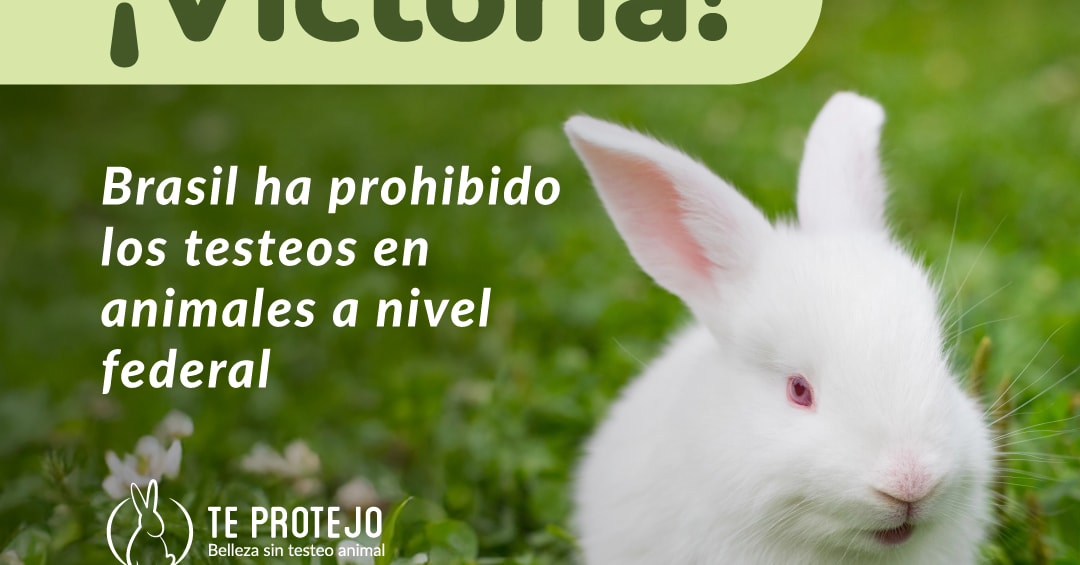(APPLICATIONS CLOSING ON 17TH JULY 2024)
Animal Advocacy Careers (AAC) is seeking a passionate and driven Partnerships and Programme Specialist to join our remote team.
As the Partnerships and Programme Specialist at AAC, you'll lead our efforts to expand our network and impact through strategic collaborations with organisations within the animal advocacy movement and adjacent sectors. Additionally, you will take the lead in being an ambassador for our proprietary database programme designed to significantly improve the retention and redistribution of talented individuals in our sector.
With the right person, this role has the potential to multiply the impact of our proven cost-effective programmes and reach many more people who are looking for a more meaningful career.
Check out the complete Job description and link to apply here
P.S. We expect to make an offer to the successful candidate 5-6 weeks after applying to the role, ideally by the end of August.
P.S. We are also hosting a Q&A for this role on June 26th at 6PM CET.
To join us, please register in advance here.
After registering, you will receive a confirmation email containing information about joining the live Q&A.



Hi, we are accepting applications on a rolling basis. We hope to have the new candidate starting in September though and thus would keep the application open until August. :)